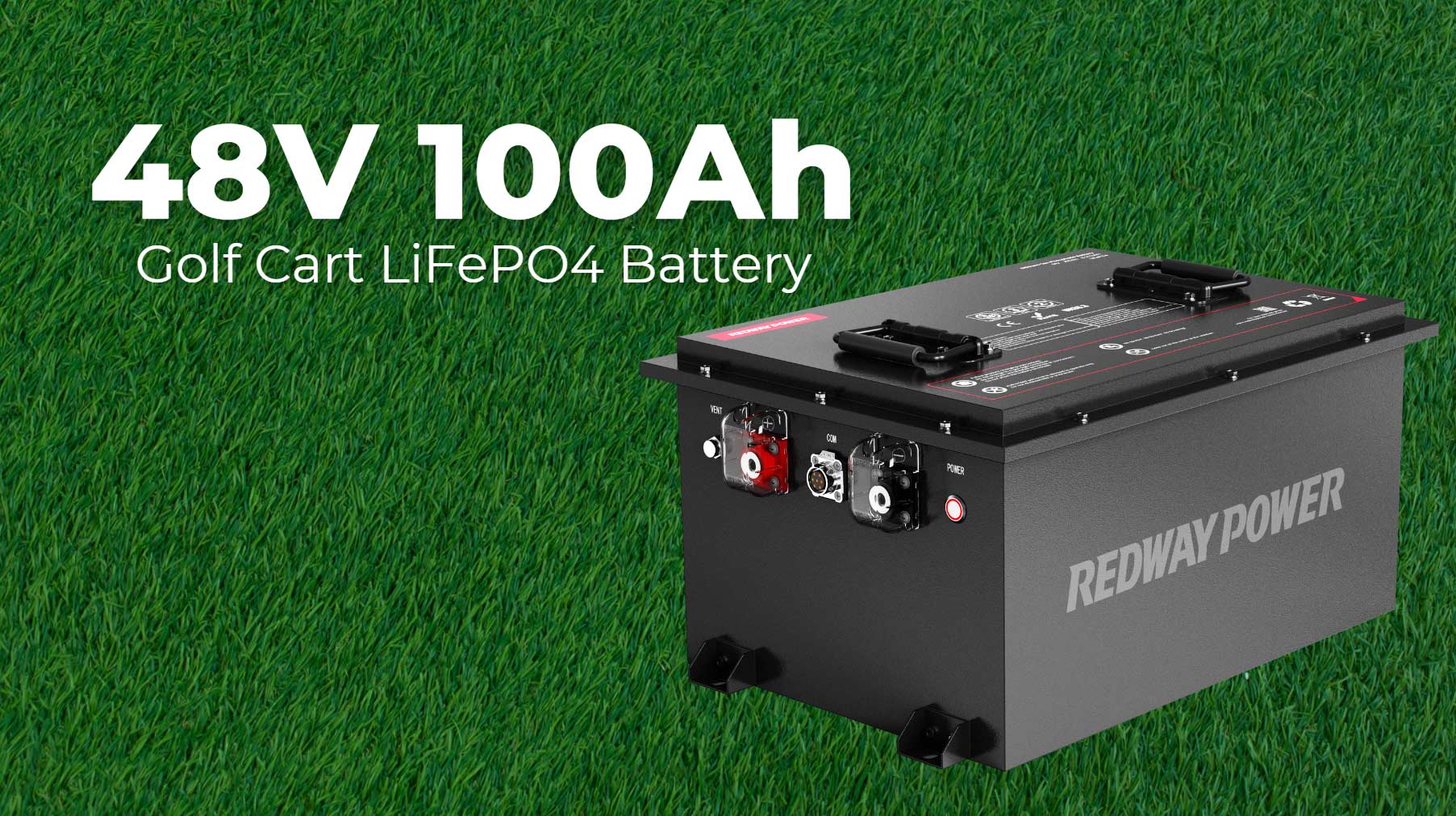A 48V lithium battery is a powerful and efficient energy storage solution that provides reliable power for various applications, including renewable energy systems and electric vehicles. Understanding its features, benefits, and applications can help you make informed decisions for your energy needs. This guide explores the essentials of 48V lithium batteries.
What is a 48V lithium battery?
A 48V lithium battery is a rechargeable energy storage device that operates at a nominal voltage of 48 volts. These batteries utilize lithium-ion technology, which allows for high energy density and efficiency. They are commonly used in applications requiring reliable power, such as solar energy systems and electric vehicles.
| Specification | Value |
|---|---|
| Voltage | 48 volts |
| Capacity | Typically ranges from 100Ah to over 300Ah |
| Chemistry | Often Lithium Iron Phosphate (LiFePO4) |
What are the key features of 48V lithium batteries?
Key features of 48V lithium batteries include:
- High Energy Density: They store more energy relative to their size compared to traditional lead-acid batteries.
- Long Lifespan: Capable of lasting several years with proper care, often exceeding 2000 charge cycles.
- Fast Charging: Can be charged quickly, making them convenient for users.
- Low Self-Discharge Rate: Retain charge effectively when not in use.
| Feature | Description |
|---|---|
| High Energy Density | More energy stored per unit weight |
| Long Lifespan | Extended usage life |
| Fast Charging | Reduced charging time |
| Low Self-Discharge | Maintains charge longer |
What applications use 48V lithium batteries?
Applications for 48V lithium batteries include:
- Electric Vehicles (EVs): Used in electric cars, bikes, and scooters due to their high efficiency and lightweight design.
- Solar Energy Storage: Store excess solar power generated during the day for use at night or during outages.
- Backup Power Systems: Provide reliable power during outages for homes and businesses.
- Industrial Equipment: Power forklifts and other heavy machinery in industrial settings.
| Application | Description |
|---|---|
| Electric Vehicles | Powers electric cars and bikes |
| Solar Energy Storage | Stores solar energy for later use |
| Backup Power Systems | Ensures continuous power during outages |
| Industrial Equipment | Powers forklifts and heavy machinery |
How do lithium-ion batteries work?
Lithium-ion batteries operate through electrochemical reactions between the anode and cathode during charging and discharging cycles. When charging, lithium ions move from the cathode through an electrolyte to the anode. During discharge, these ions flow back, generating electrical energy.
What are the advantages of using lithium-ion batteries?
The advantages of using lithium-ion batteries include:
- High Efficiency: They have higher charge/discharge efficiency compared to other types.
- Long Cycle Life: They can endure many charge cycles without significant degradation.
- Lightweight Design: Their compact size makes them ideal for portable applications.
How do lithium-ion batteries compare to other battery types?
When compared to other types like lead-acid or nickel-cadmium, lithium-ion batteries offer significant benefits:
- Weight: Lighter than lead-acid options, making them easier to transport.
- Efficiency: Higher efficiency rates and lower self-discharge rates.
- Cycle Life: Longer lifespan with more charge cycles before performance degrades.
| Comparison Factor | Lithium Batteries | Lead-Acid Batteries | Nickel-Cadmium Batteries |
|---|---|---|---|
| Weight | Lighter | Heavier | Moderate |
| Efficiency | Higher | Lower | Moderate |
| Cycle Life | Longer | Shorter | Moderate |
What factors should you consider when selecting a battery?
When choosing a battery, consider:
- Capacity Requirements: Assess how much power you will need based on your devices.
- Size and Weight: Ensure it fits your application requirements without being overly cumbersome.
- Cost vs. Performance: Evaluate both upfront costs and long-term maintenance expenses.
How do different battery chemistries affect performance?
Different battery chemistries impact performance significantly:
- Lithium Iron Phosphate (LiFePO4): Known for safety and long cycle life but lower energy density than other lithium types.
- Nickel Manganese Cobalt (NMC): Offers a balance between capacity and thermal stability, commonly used in electric vehicles.
- Lithium Cobalt Oxide (LCO): High energy density but less stable; often used in consumer electronics.
By understanding these aspects of 48V lithium batteries, users can make informed choices that best suit their energy needs while benefiting from the advantages these advanced technologies provide.
Buy Wholesale Battery Tips
For those considering wholesale purchases of batteries or related products, partnering with a reliable manufacturer like Redway Battery, known for its extensive experience in lithium battery production, is crucial. To make OEM orders effectively:
- Define your specifications clearly.
- Communicate regularly with the manufacturer throughout the process.
- Ensure compliance with safety standards.
Industrial News
Recent advancements highlight significant growth in the demand for renewable energy solutions as consumers increasingly seek sustainable options like 48V lithium batteries for their efficiency and reliability across various applications.
Redway Expert Views
“Investing in high-quality lithium technology not only ensures reliable power but also supports environmental sustainability initiatives,” states an expert from Redway Battery.
FAQ Section
- What applications are best suited for 48V lithium batteries?
They are ideal for electric vehicles, solar energy storage systems, backup power solutions, and industrial equipment. - How long can I expect a 48V lithium battery to last?
Typically, these batteries last between 5 to 10 years depending on usage patterns and maintenance practices. - What should I consider when choosing a battery?
Consider capacity needs, size constraints, cost versus performance balance, and safety features.



